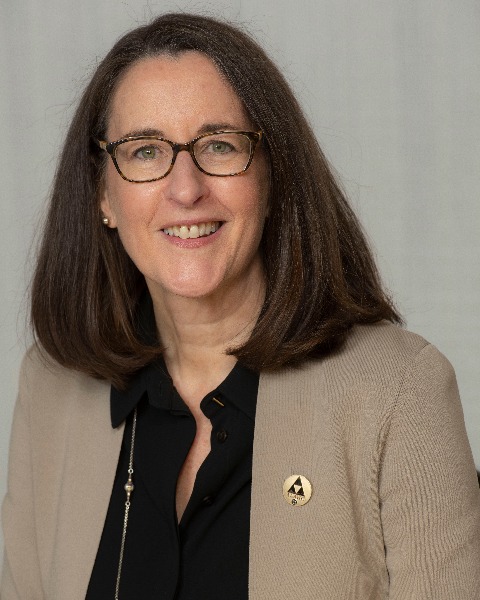Speaker
 Noel Adachi, MBA
Noel Adachi, MBA
AAAHC, Skokie, IL
Noel Adachi brings a lifetime of success as a “builder” of new strategies, execution plans, and organizational reshaping efforts that have accelerated growth and allowed organizations to be successful. She has focused most of her 35-year career on leading organizations whose mission is to improve quality compliance and patient access to quality care. Recognizing that the real health frontier is ambulatory care she joined the Accreditation Association of Ambulatory Health Care (AAAHC) as President/CEO. For past four years, Noel has led the transformation of this organization by developing a cultural shift to 1095 STRONG / quality every day. This is not just a tagline, but a philosophical platform that infuses a dedication to ongoing learning and staying quality-strong throughout the 1,095-days between onsite surveys that is key to building best practices and improving long-term results—for patients, for practices, and for the AAAHC.
Abstract
Improving quality of health care is a global priority. More than ever the healthcare landscape makes a focus on quality and safety all the more important as patients are increasingly choosing outpatient and ambulatory care centers for their care. During my presentation, we’ll explore this shifting landscape that has, over the past 42 years, led us to this heightened focus. We’ll look at the cosmetic surgery quality roadmap as demonstrated by AAAHC accreditation results.
Let’s explore the ways that AACS doctors and practitioners can lead the charge on ensuring quality, safe patient care by pursuing perfection through accreditation. It requires a steadfast commitment to staying on top of best practice not only in the surgical suite but across the entire continuum of care from patient selection and pre-screening through post-surgical care.
Take Home Message
- Outline the accreditation value proposition.
- Identify criteria for selecting an accreditor.
- Discuss key elements of change management and buy-in.
- Review the self-assessment approach.
- Identify common deficiencies in compliance to best practice standards for care and mechanisms to address deficiencies.
